Portabello Latin Food Cart - Telling Their Story
A story short with husband and wife team Francisco Mendez and Zenaida Muñoz on their experiences running their much loved Portabello Latin Food carts together with brother Carlos Mendez. They share on their evolution from cooks to cart owners, the Colombian style arepas they’re famous for, and what it’s like working out in the elements. The full transcript of the interview is below. Listen by podcast or at the link above or check out this synched audio and photo slideshow.
This story is one in a six part series of BIPOC food business owners sponsored by The Yale School of the Environment. We hope these stories inspire you to check out these delicious family run businesses (if you are lucky enough to live near by), and to spend more time getting to know the people in your community who make and sell food. Stories produced by our host Tagan Engel, edited by Jon Oliver Music, photographed by Maza Rey Photography.
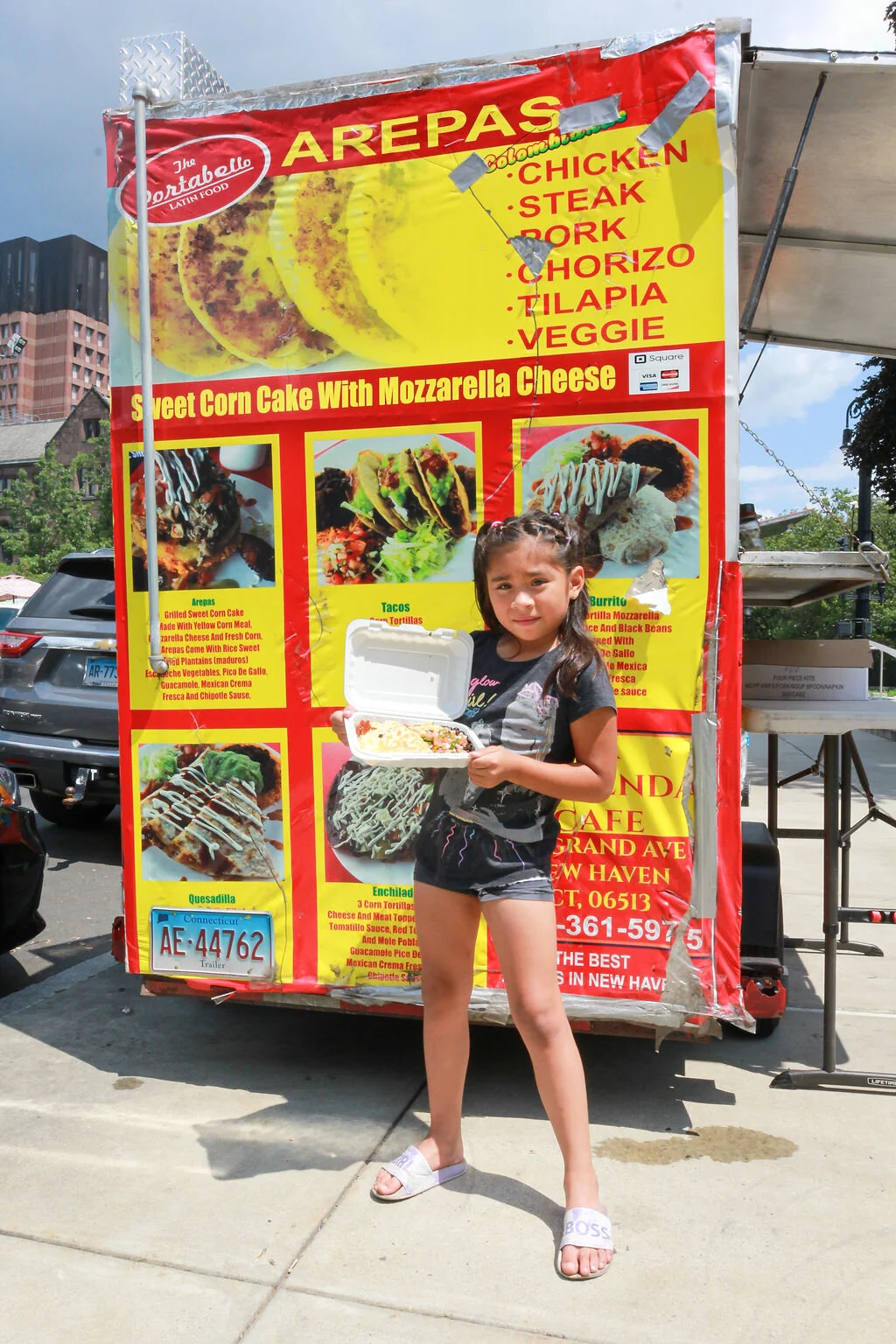
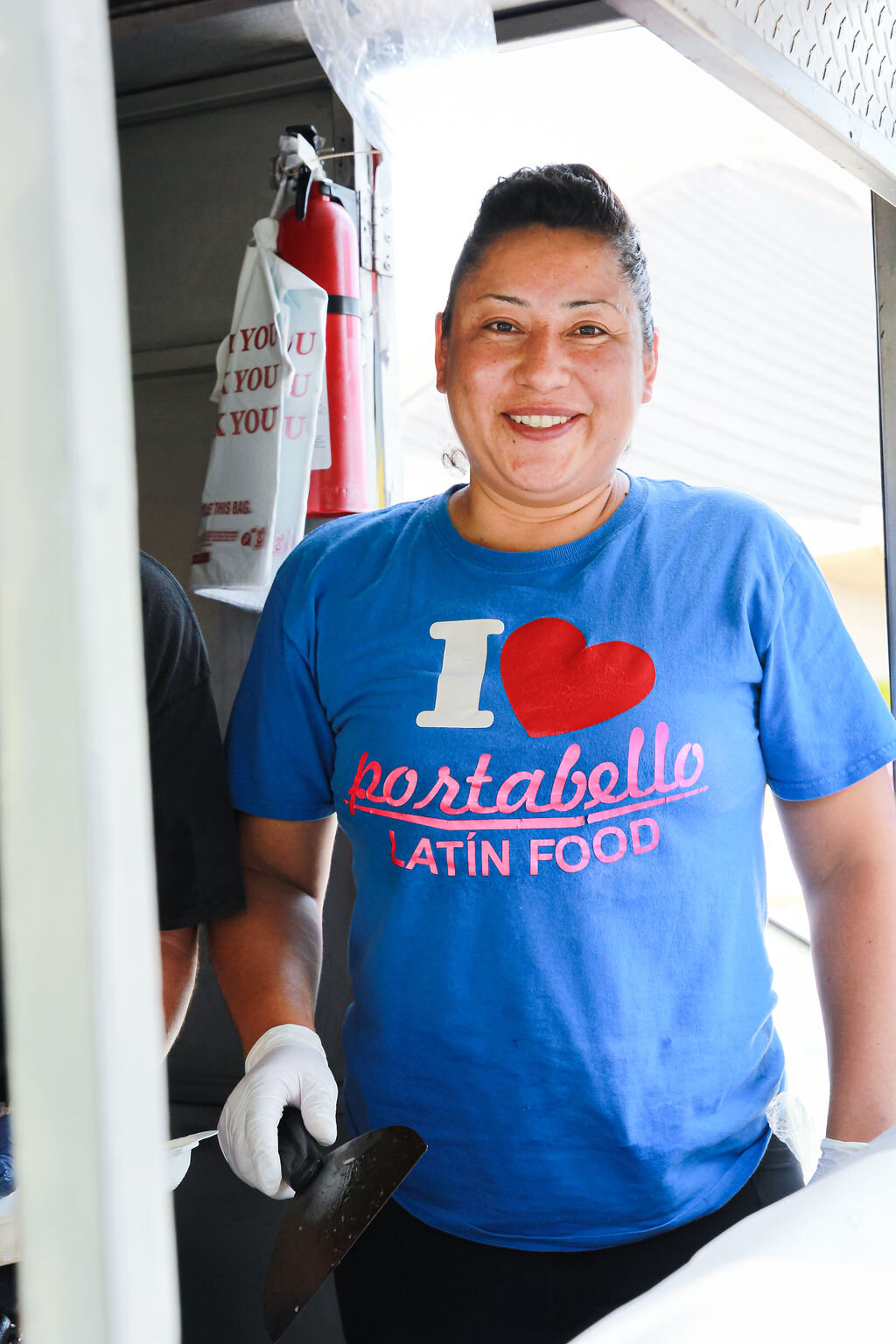
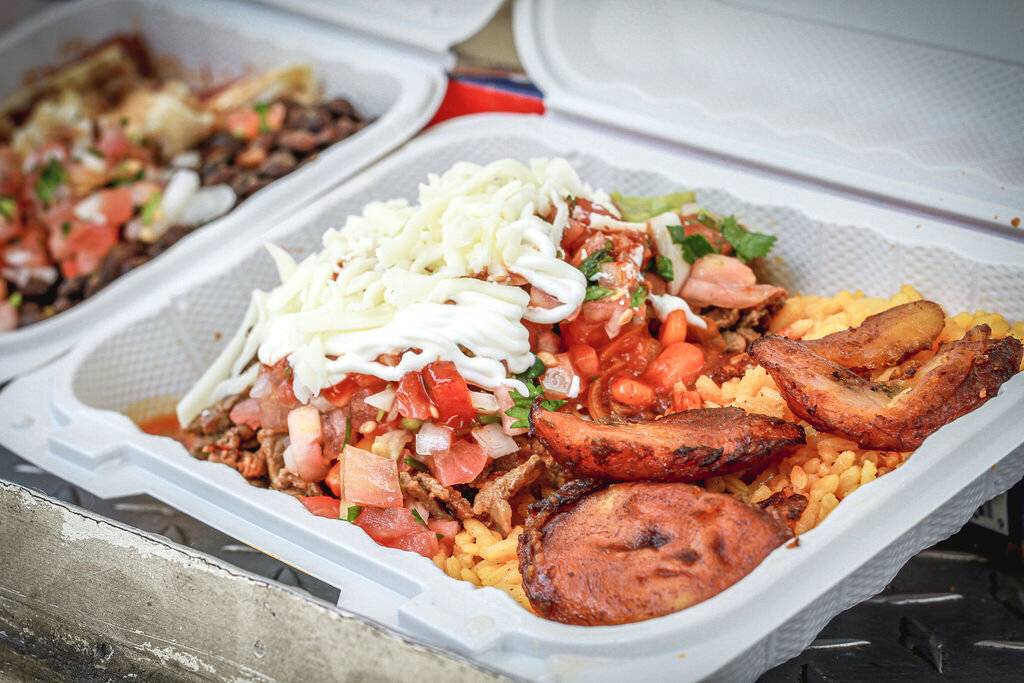
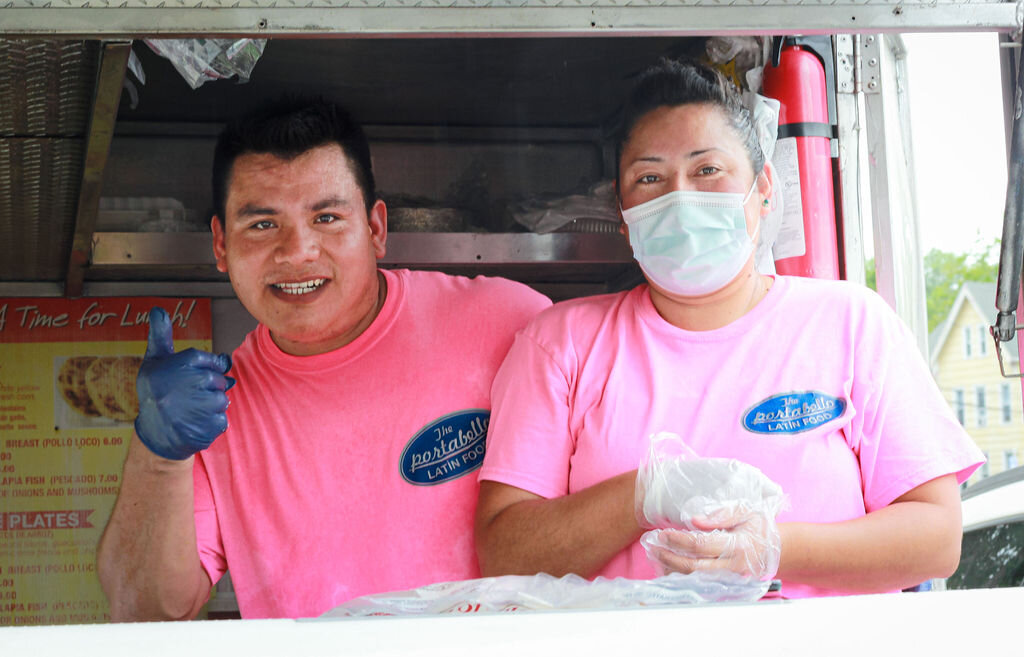
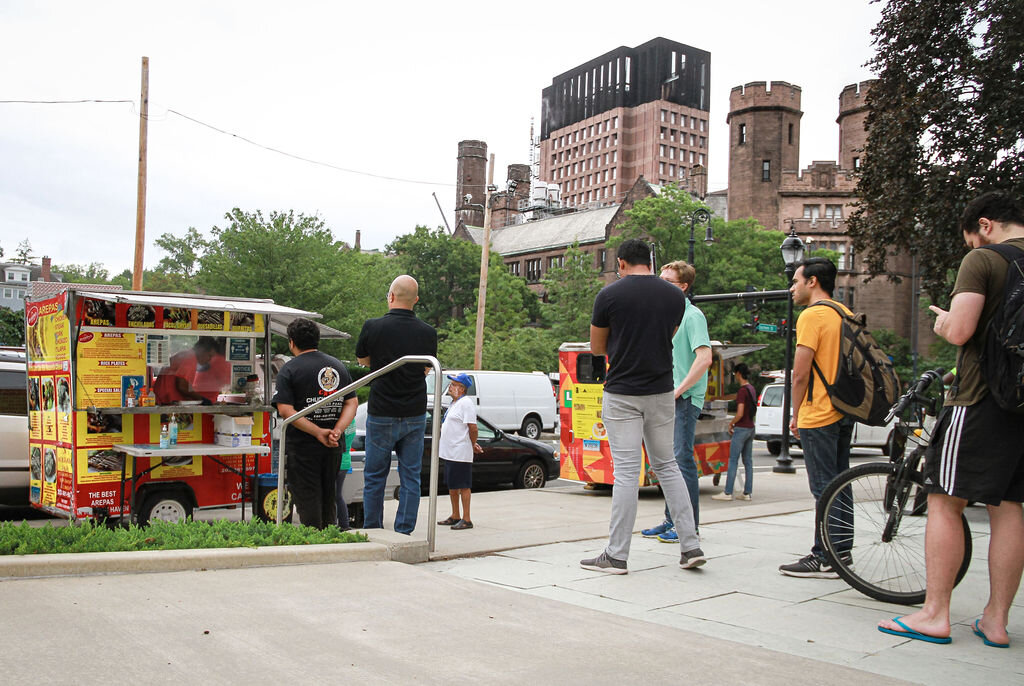

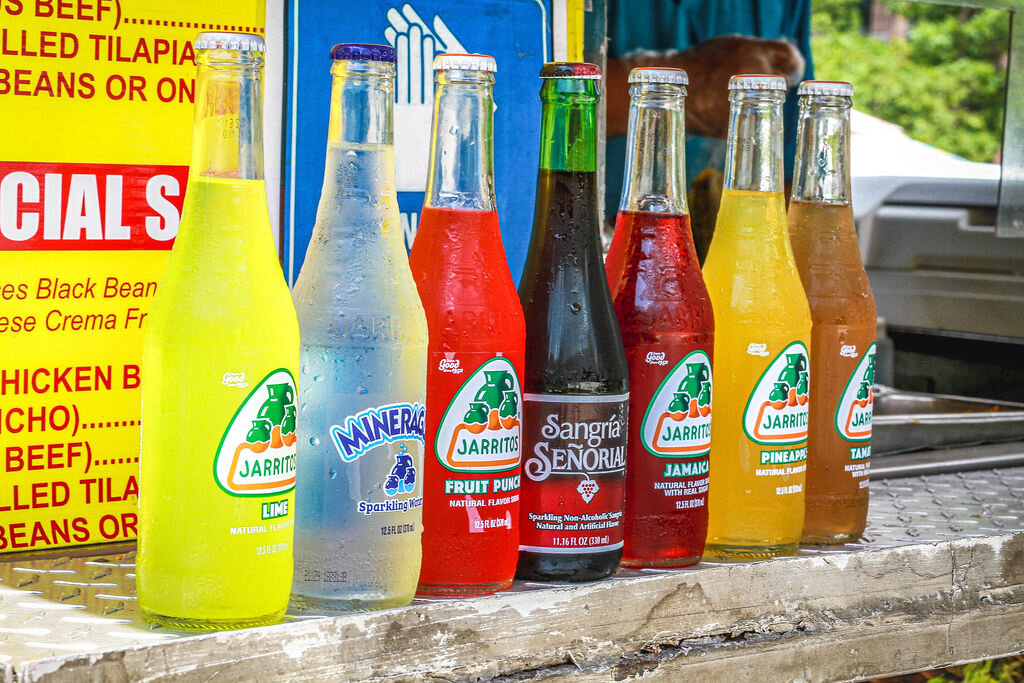
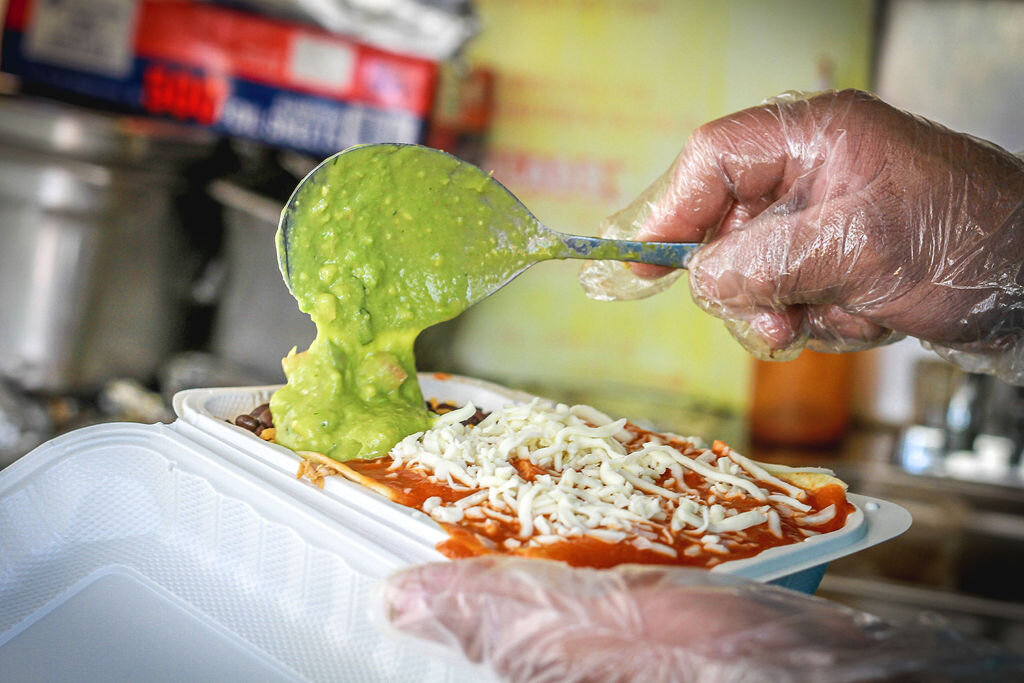
The Portabello Latin Food (Arepa) Cart Transcript (some Spanish)
Francisco Mendez:
My name is Francisco Mendez, the name of the business is Portobello Latin Food, and I sell Latin food and Mexican food. On the menu we have burritos, quesadillas, and tacos. We also have arepas, which is a kind of Colombian style like corn-patty that’s made with a corn meal and a mozzarella cheese. Now, it’s the most popular item on the menu, everybody loves the Arepas.
I’m from Puebla, Mexico. I came to Connecticut in 2008, and when I first came here, I started to work on a taco food cart, “Tijuana Taco Company” from Arturo Franco Camacho, where I learned to make burritos, tacos, quesadillas, everything really. I was working for him for four years. And he kept asking me, why not open my own business? So I think, okay, maybe it’s time I can open my own business. I started the business in 2012, and in 2012 I opened only one cart. The first one that's open on York Street, that’s close to Ashley’s ice cream. I started there for four years. Now my place is on Prospect and Sachem, the Yale hockey rink. When business was better I opened the second one to help my brother Carlos, on Church Street by the courthouse. My wife started with me in 2013.
Zenaida Muñoz Lima (translated from Spanish):
My name is Zenaida Muñoz Lima, and I am from Mexico City, Tlaxcala, from a village called Santa Isabel Tetlatlahuca. I have been in this country for nine years. I like, first of all, more than anything, working together with my husband. And second, I like meeting more people, and socializing with the public more. I love to tend to people who come to our cart. Everyone who comes is very welcoming. The thing that is hard is that I only speak a little English. That’s the main thing, but every day I learn new things, which is good.
Francisco Mendez:
So for me, I love serving food, and I love my job. I like cooking. And I like the customer service. And when our customers are happy, when you give them the food. So that's “Oh, thank you, I like Arepas.” Everybody told me “Oh, that's the best Arepas in New Haven; Thank you, I love Arepas.”
I'm from Puebla, Mexico. In Puebla, cooking is a little different. We make different types of big dishes. A typical meal would be mojo poblano, which is a traditional dish in the state of Puebla. This will be served with a piece of chicken, leg or wing. And yes, it's really delicious. Here, we serve mole poblano, but we have the regular enchilada, which are rolled up tortillas with meat inside and the sauce on top, the mole sauce. It's also really delicious.
Now it’s a little difficult, with the pandemic, when Covid-19 started, the City stopped the business for almost three months. When we restarted, the business was very slow, and people stayed home. So it's a little bit hard. Before Covid, the business was okay. We had three carts, now it's only two. Now we have only one full service on the two carts. Here on Prospect Street and another cart Cedar Street by the Yale Hospital.
(Translated from Spanish) It’s a little difficult, because inside a restaurant kitchen, you don't know or see anyone, you just cook and prepare and clean. Outside on a cart, you tend to the people, you talk with them. You get to know different people from many countries and many states. It’s very enjoyable to work outside. It’s also hard to work in the winter outside because it's really cold, but in the summer it's really beautiful.
Ep. 75 — The Table Underground — Sep 9, 2021




